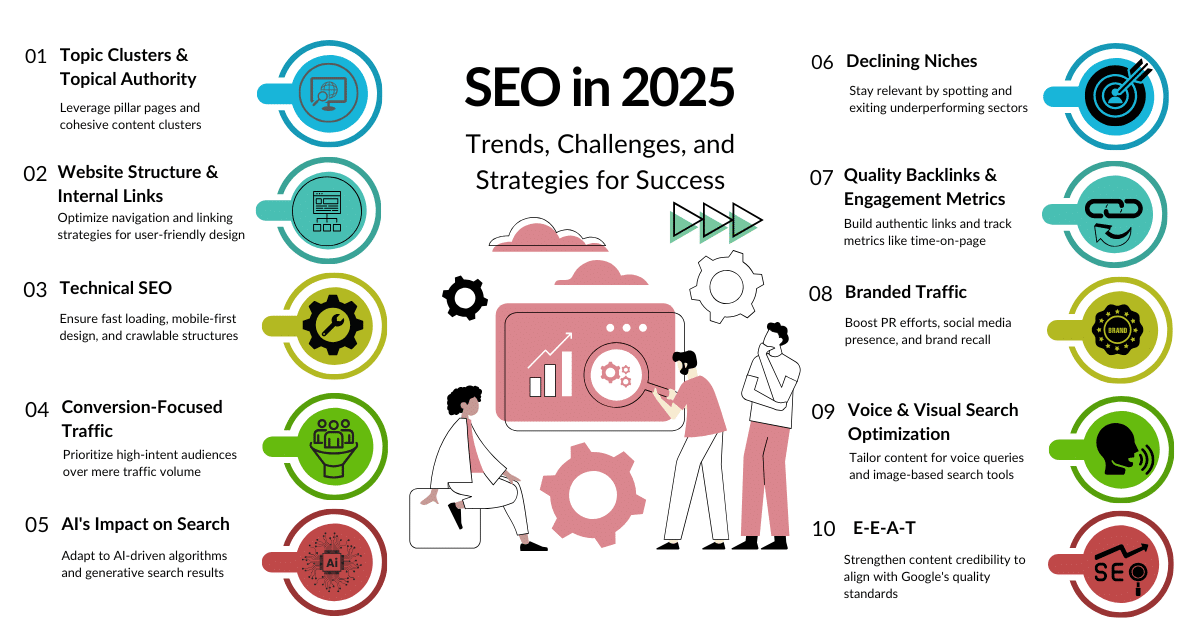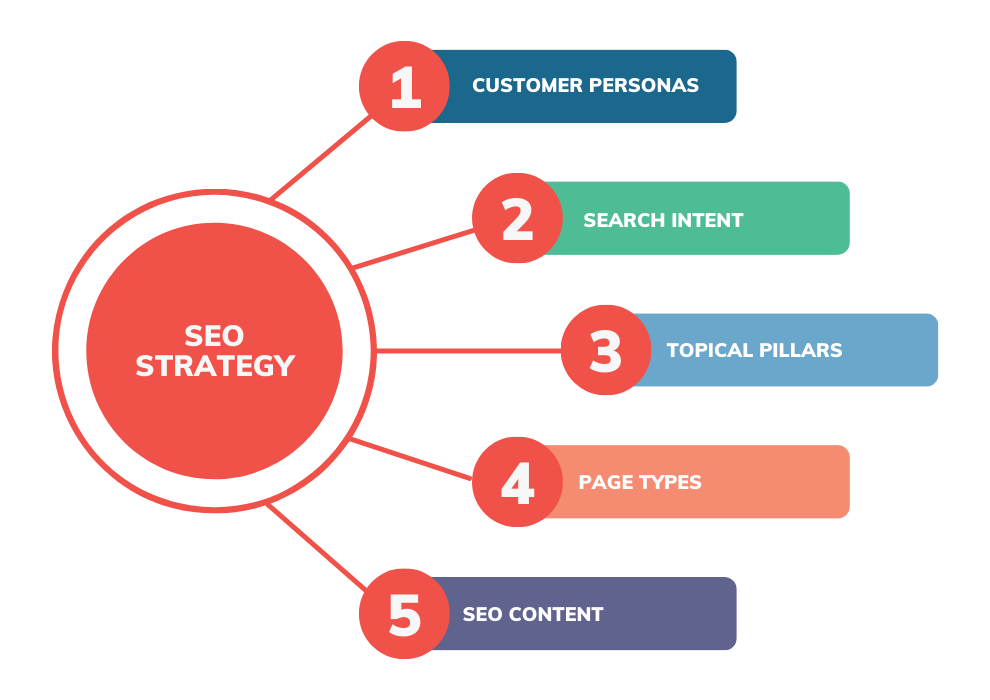What Does “Local SEO” Mean?
Local Search Engine Optimization (SEO) is crucial for businesses aiming to attract clients in a specific geographic area. Unlike regular SEO, which targets a global or national audience, local SEO focuses on enhancing a business’s visibility in local search results. This is especially beneficial for small and medium-sized businesses, brick-and-mortar stores, and service-based businesses that want to attract customers from their locality.
How Local SEO Works
Local SEO is the practice of enhancing a business’s online presence to ensure it ranks higher in search engine results when searches are specific to a local location. For instance, when someone types “restaurants near me” or “plumbers in [city name],” search engines will return results that are closest to their current location. This strategy helps businesses identify consumers in their area who are actively searching for products or services and are ready to make a purchase.
The Growth of Local SEO.
Local SEO began around 2003–2005, when search engines began providing users with results based on their geographic location. This shift marked the emergence of local SEO. Search engines such as Google, Yahoo, and Bing developed algorithms that gave better results based on the user’s proximity and other local signals. Google My Business (GMB), which was once known as Google Places, played a significant role in the growth of local SEO. GMB allows businesses to manage their online presence, including important information such as their address, phone number, operating hours, and customer reviews. The “local pack,” which displays the top three businesses for a given search, made local SEO even more important.
Why is local SEO necessary for businesses?
- Easier to Find in Local Search Results
Local SEO makes it easier for people to find businesses in their area. When individuals search for things like “best hair salon near me” or “auto repair shops in [city name],” businesses with optimized websites appear in the local pack and on Google Maps. - Attracts More Targeted Traffic
Local SEO focuses on attracting a specific demographic. People searching for products or services nearby usually intend to make a purchase, schedule a service, or visit a store. Local businesses have a higher chance of converting these searchers into paying customers because the searches are based on what consumers want. - Optimization for Mobile Devices
With the increase in mobile internet usage, local SEO ensures that businesses are easy to find on mobile devices. As people often search for businesses while on the go, local SEO helps ensure that consumers can find your business when searching for goods or services on their phones. - Cost-Effective Marketing
For small businesses, local SEO is a cost-effective marketing strategy. It allows businesses to reach potential customers without spending large amounts on traditional advertising methods. Local SEO provides an affordable way to market and grow businesses effectively. - Building Trust Through Reviews
Reviews play a vital role in local SEO. Businesses can build trust with customers by acquiring positive reviews on platforms like Google My Business and Yelp. Good reviews boost consumer confidence and make it more likely that customers will choose your business over others. - Improves User Experience
Local SEO improves the overall user experience by optimizing website content, navigation, and mobile responsiveness. It also ensures that the website contains accurate local information, such as the business’s name, address, and phone number (NAP).
Factors that Affect Local SEO Rankings
Several factors influence how well a business performs in local search results:
- Listing on Google My Business
Having a verified and optimized Google My Business (GMB) listing is crucial for local SEO success. A complete and accurate listing with essential details like business name, address, phone number, and hours of operation will help improve rankings. - Local Citations
Local citations occur when other websites or local directories list your business’s name, address, and phone number. Consistent citations across multiple sites can greatly enhance your local rankings. - Customer Reviews
Customer reviews, especially on Google, directly affect local search rankings. Positive reviews build trust with consumers and increase the likelihood of your business showing up in the local pack. - On-Page SEO
On-page SEO plays a significant role in local search rankings. Using local keywords, creating location-specific landing pages, and implementing schema markup help improve the relevance of your website for local searches. - Backlinks
Good backlinks from relevant and trusted websites, especially those within the same city or industry, help improve local rankings and increase your business’s credibility. - Mobile Optimization
Businesses must ensure their websites are mobile-friendly, as many local searches take place on mobile devices. A mobile-optimized site provides a better user experience and can help the website rank higher in local search results.
How to Rank Well in Google’s Local Pack
Google’s local pack displays the top three businesses for a given search term, making it highly competitive. According to a study by Moz, several factors influence local rankings:
- Prominence: How well-known the business is. This includes online mentions, reviews, and media coverage.
- Relevance: How closely a business’s online presence matches what a customer is searching for.
- Distance: How far the business is from the searcher. Google strives to provide results as close to the user’s location as possible.
What Will Happen to Local SEO in the Future?
As mobile searches continue to grow, local SEO will become even more critical. New technologies such as voice search, Google Maps integration, and augmented reality are transforming how consumers find businesses nearby. Businesses that continually improve their websites will maintain an advantage over their competitors.
Ultimately, local SEO is no longer just a strategy for targeting a small group of individuals. It has become an essential aspect of digital marketing for businesses looking to gain more customers in their area. By making it easier for people to find your business in local search results, you can increase your customer base, boost sales, and improve your online reputation. With the right tools and strategies for local SEO, businesses can see significant growth in their local markets.




